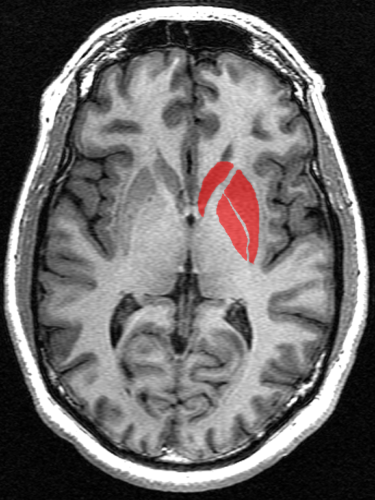Researchers from Imperial College London have developed an AI-enabled optical fibre sensor to monitor Traumatic Brain Injury.

The Researchers advanced patient monitoring systems to monitor multiple biomarkers for understanding damage caused due to Traumatic Brain Injury. The device consists of a flexible silica-based optical fibre sensor that is inserted into the brain tissue to monitor the the liquid surrounding brain and spinal cord i.e. cerebrospinal fluid (CSF). The tip of the fibre is attached with four sensing films which can simultaneously and continuously measure levels of each biomarker within CSF: pH, temperature, dissolved oxygen, and glucose. The background noise is reduced and data precision is improved by covering the film with a black sheath. The device is capable of monitoring four biomarkers at once using a machine learning algorithm that utilizes previous data to predict biomarker concentrations based on obtained data in real-time.
The device helps to understand the progression of the disease and continuously monitors patients’ response to the treatment which aims to provide high potential diagnostic trials in humans. First author Yuqian Zhang, a Ph.D. candidate in the Department of Chemical Engineering, said: “Our device collects a breadth of medical data that’s only currently achievable with many different sensors. The optical fibre sensor device integrated with artificial intelligence (AI) to reduce cross-talks.”
Co-author Dr. Nan Jiang of Sichuan University said: “The device demonstrated high accuracy in continuously measuring each biomarker during healthy, mild TBI, and severe TBI disease states.” Dr. Ali Yetisen, who led the research team at the Department of Chemical Engineering, said: “Our study showed the device’s ability to dynamically monitor multiple biomarkers to assess metabolic changes in the brain. It continuously reflects the injury’s status, which could help neurosurgeons follow the disease course precisely to make evidence-based clinical decisions and treatment.”
The goal is to facilitate the sensor by using optical bundles to analyze more number of testable biomarkers such as inflammatory agents and neurotransmitters. They are working to develop more complex machine learning algorithms to utilize and predict a huge amount of data. They are also trying to assess the whole body’s response to the probe by carrying out more tests using living animals to understand the capability of the fibre sensor.
Click here for published Research Paper








